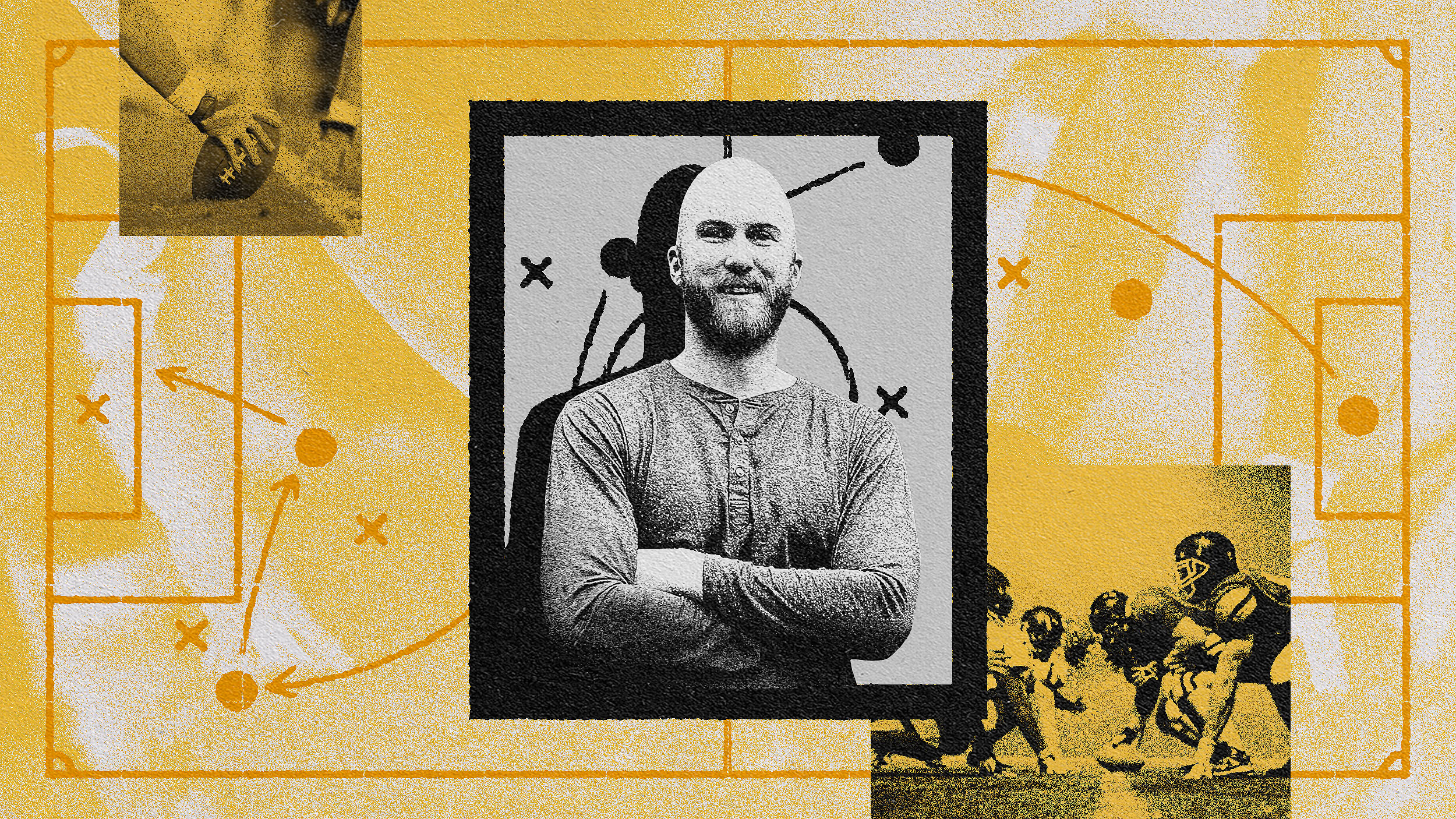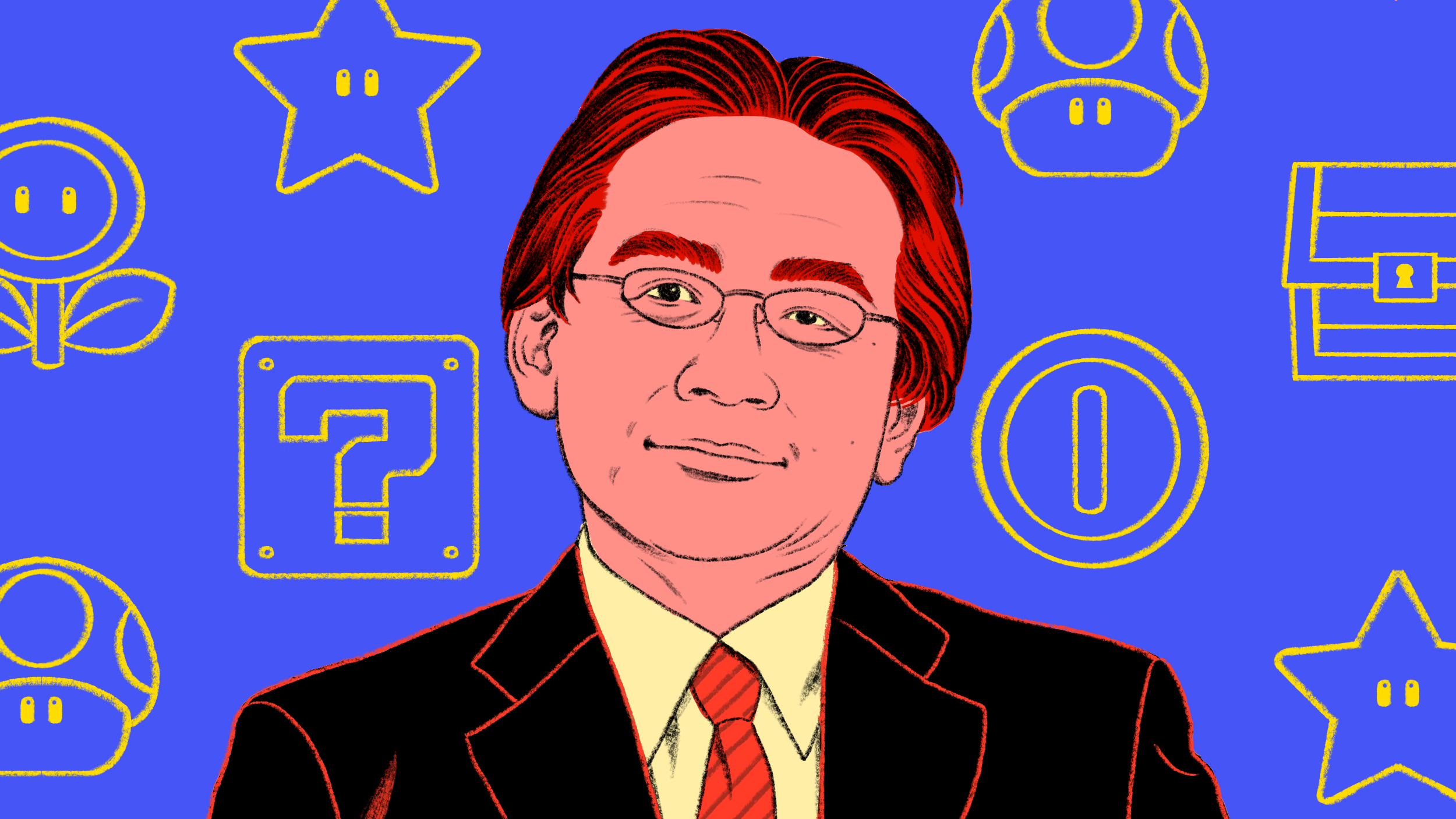Brian Klaas, a political scientist and associate professor at University College London, argues that while the popular phrase “power corrupts, absolute power corrupts absolutely” is true to a certain extent, the real problem lies in broken systems that attract and promote the wrong kind of people.
In his research, Klaas has found that people who crave power are more likely to self-select into positions of power, resulting in a slate of leaders who are not representative of the general population. He believes that the solution is to design systems that attract better people.
Klaas challenges the notion that the people in power are entirely to blame and instead reflects on why society is drawn toward abusive leaders.
BRIAN KLAAS: So the start of everyone's view on power begins with that quote power corrupts, absolute power corrupts absolutely. The real world is much more complicated than that. It is definitely true by the way, that power does corrupt. We have plenty of evidence that it changes your psychology, it changes your brain, but it's only a small part of the story. And the much more interesting part of the story is how people interact with systems and why we end up with the wrong people in charge. A major hidden part of this iceberg where we just sort of see the tip, the power corrupting, the bad people doing bad things is a series of broken systems that attract and promote the wrong kinds of people into power. Where people who are power hungry, which we usually use to say bad, those people are far more likely to seek power in the first place and very often they're better at getting it. So we can always just blame the individual. We can also always just blame the power and say, power corrupts. The smarter solution is to try to design systems that attract all of the right people into power so we get better outcomes. And that is the task I think for the 21st century because it's a problem that we have not solved. Pretty much everybody you speak to is disappointed with those people who end up in charge.
My name is Brian Klaas, I'm an associate professor in global politics at University College London and a contributing writer for the Atlantic Magazine. And my book is called Corruptible who Gets Power and How It Changes Us.
I started studying political science and I was studying rigged elections and political violence. And so I went around the world and I met former heads of state in authoritarian regimes, people who had been accused of war crimes. And I ended up in the room with a lot of really awful people who had done some really awful things. And what was striking to me was that when I came back to talk to people about this, some of them recognized these sorts of personality traits in their bosses or in their homeowner's associations, sort of a germ of an idea was placed in my head about is it possible that these traits are universal in power seekers and power holders? One of the problems with power is that you often have people who are drawn to it like moths to a flame.
In this small community in Arizona that I studied, there was a particularly egregious example of a homeowner's association president that I call Martin McFife, I've changed his name. Martin McFife was someone who coveted power. He didn't wanna help his community, he just liked the control. So what he did was he began to purge the homeowner's association of his rivals and then he began establishing arcane bureaucratic rules. You couldn't have out-of-state gravel in your garden, you had to trim the palm trees in exactly the right way, and if you didn't do this, he would fine you. As a result, some of these homeowners began to push back. They began to try to institute a recall election to unseat him from his throne of power and he began to target them. Occasionally, some homeowners who stood up to McFife had rocks thrown through their windows. As McFife falls, he's unable to accept the loss of power. He drives around the neighborhood taking pictures of people who haven't trimmed their palm trees to his liking and trying to send these really nutty newsletters around the community, accusing people of being enemies of the neighborhood. Martin McFife illustrates a key point which is self-selection bias.
Self-selection bias refers to a phenomenon in which people who are power hungry, people who are psychopaths tend to self-select into positions of power more than the rest of us. And as a result, we have this skew, this bias in positions of power where certain types of people often the wrong kinds of people are more likely to put themselves forward to rule over the rest of us. And that's the start of any sort of diagnosis that can lead us to a solution because the people who end up in power are not representative of the rest of us. They are not average and they are not normal. Once you accept that, then you can start to counteract those problems.
One of the most uncomfortable questions to answer is are we to blame? Why are we drawn to people who are clearly not in the business of public service but want to abuse us and often show us that they are strong men who are oriented towards conquering and dominating rather than serving us? And that puts the mirror back on us. And the answer is partly to do with evolutionary psychology. In times of crisis in the very distant past it helped us survive to turn towards a large physically strong man. And that's because the challenges that prehistoric societies faced were often a threat from a warring tribe or something in which physical prowess and strength actually mattered. When you look at the modern society that we inhabit, this is no longer true. We have massive numbers of examples of excellent female leaders who can't bench press as much as a world-leading bodybuilder. So this is what's called evolutionary mismatch.
Now we still have that template in our brains. It's maladaptive, it hurts us to still have this cognitive bias and yet it still exists. For example, if you ask people to select a leader if you prime them, if you say imagine that you're facing a famine, a war, some sort of catastrophe, then what people tend to do is they turn towards the physically stronger male leader at a disproportionate rate. Modern leaders know this. I think it's by design, for example that Vladimir Putin often poses shirtless, that he tends to present himself as a strong man. He often manufactures crises, he invents them in order to show that I alone can fix it. And here I am, by the way, shirtless on a horse. The term by the way, is no accident. Strong man means strong man, and that's why dictators tend to be men. What I think is that we need to accept that some of these biases are lurking inside of our heads. They're the product of tens of thousands of years of evolution. They're maladaptive now. They're not good for us, but only by accepting and recognizing them can we start to counteract them. If we're gonna focus on fixing this problem we have to think very carefully about systems.
If you're in a corrupt police department, if you're in a corrupt bureaucracy everybody around you is skirting the rules. A lot of the people around you are breaking the rules they're abusing them, but it's normal. It's what's done. So the system is this key mediating factor. Trying to change a bad leader is hard. Changing systems is something that we can actually achieve. I think part of the problem is we don't systematically evaluate these questions when we have choices about who to recruit or how to hire someone or how to promote someone. So what I often will tell people is imagine that the worst person in the world is trying to get the job that you are advertising for. Imagine that the worst person in the world is running for the political office in your political party or in your election. Now, design every system with that idea in mind. You then have screening processes to try to weed them out during the actual recruitment process. If they manage to wriggle through you have checks and oversight to basically eliminate them from those posts of power if they've made it that far. And then when it comes to promotion and the top jobs that's where scrutiny has to be the absolute most robust because those people are the ones who do the most damage. The Enron scandals, the major abuses of power, those happen in the corner offices where nobody is checking your chair, no one's monitoring your screen. Rather than trying to punish and regulate every person who might steal a paperclip, think about the people who can actually bring the company down and inflict enormous damage on our societies.
You're always going to have power hungry people show up and try to take power. What you need to do is dilute them and block them. And that's where the system design is crucial. And I think we haven't thought carefully about that in a series of roles of power around modern life. We just sort of assume we can advertise for a position or advertise for a promotion and wait for the right people to come. It doesn't work like that. We have to actively counteract this impulse of power-hungry people to seek and abuse power. And when we design systems in an intelligent way we can screen out and topple the Martin McFifes of this world.







